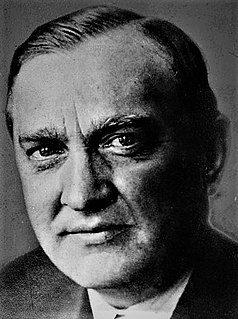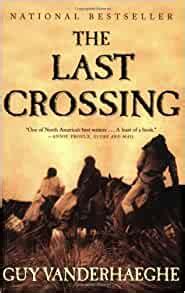A Quote by James Bryce
The chief practical use of history is to deliver us from plausible historical analogies.
Related Quotes
Learning what it is to be among other human beings includes learning that they can be different from us as well as similar. We imagine what it would be like to experience the world differently from their locations, nor our own. We might still use analogies to understand others, but analogies point to similarities that co-exist with differences. Similar in some respects is consistent with different in other respects.
Since all of us desire to be happy, and since we evidently become so on account of our use—that is our good use—of other things, and since knowledge is what provides this goodness of use and also good fortune, every man must, as seems plausible, prepare himself by every means for this: to be as wise as possible. Right?





































